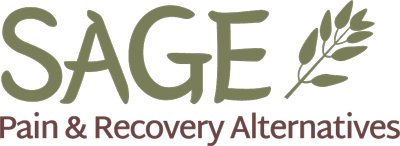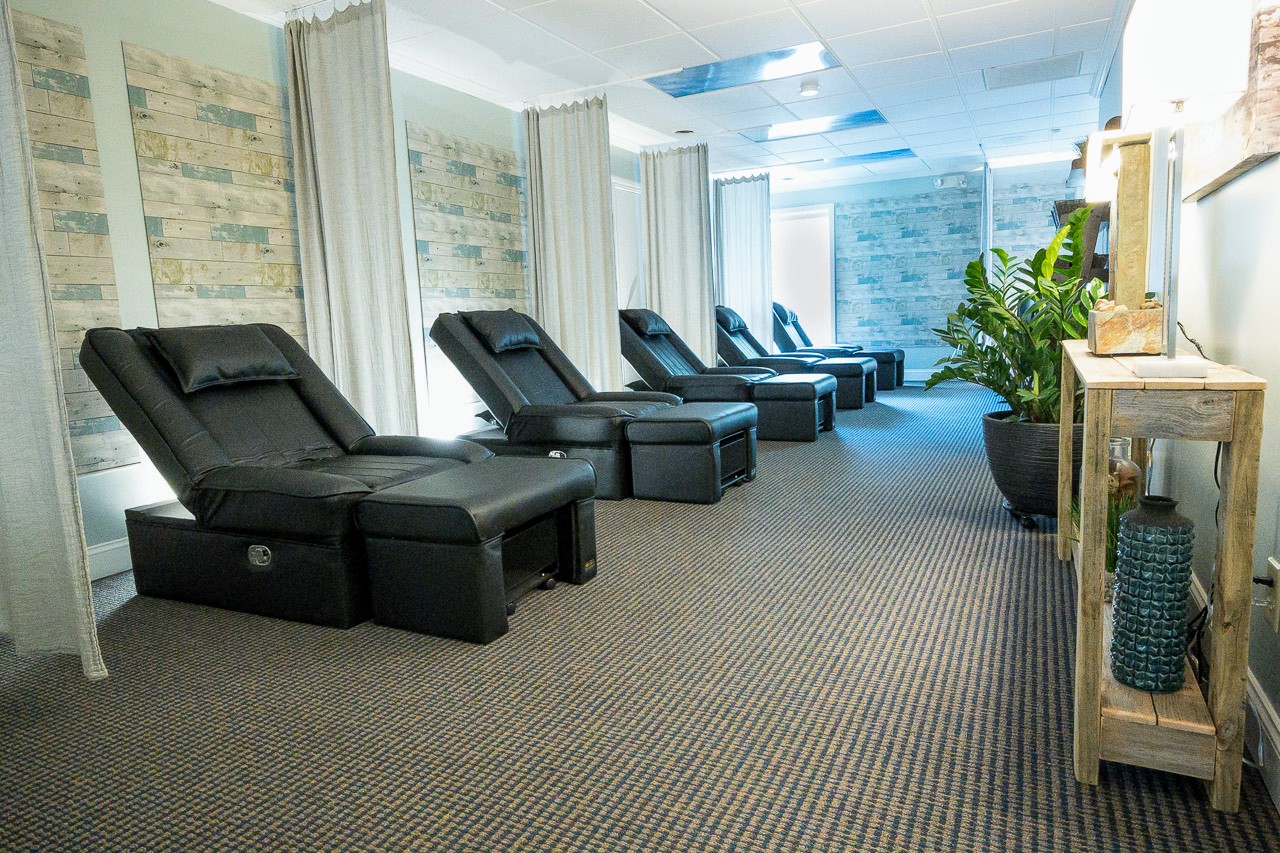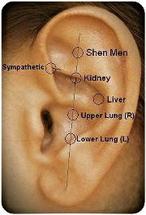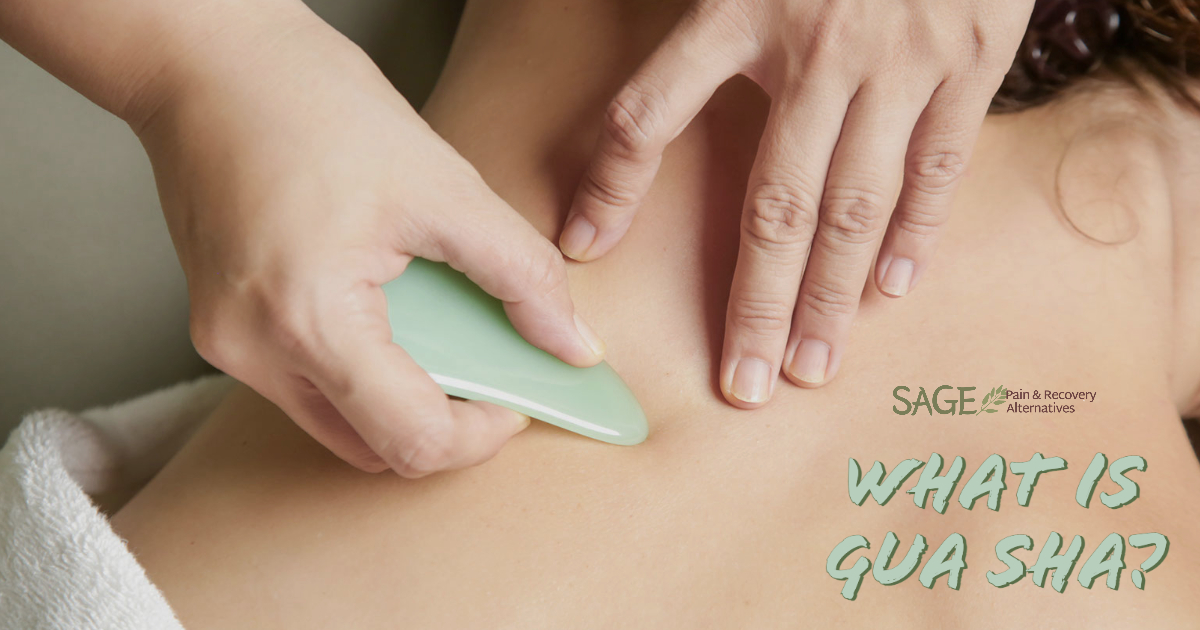Covid and Anosmia
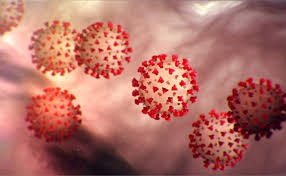
COVID-19 is rampant, and those who have had the virus have experienced a wide variety of symptoms, with covid and anosmia one of the most common. Some, especially the young, are lucky to experience no symptoms at all. This common symptom that has plagued a large percentage of those suffering from the virus is anosmia or the loss of smell.[1] Sometimes this is the only symptom experienced.
Harvard researchers wanted to understand how and why COVID alters the sense of smell. They learned that the virus attacks the olfactory sensory neurons, which transmit smells to the brain.[2]
Taste and smell are interrelated. Some tastes—such as salty or sweet—can be recognized without the sense of smell. But more complex flavors require smell to be recognized.[3] The loss of smell or taste can be devastating. Food and drink are a large part of our lives. The loss of appetite, nutrition, the enjoyment of smell, and the taste of food can cause severe depression. Chefs, sommeliers, perfumers, brewers, and food critics are dependent on these senses to perform their jobs.
Although Western medicine has no treatment for the loss of smell or taste, there are home remedies such as castor oil or apple cider vinegar used to treat anosmia. Recent studies show that acupuncture is an effective method for restoring the sense of smell.[4] Effective points for this treatment depend, in part, on the underlying cause. Tumors, seizures, sinus problems, and viruses such as the flu can cause a loss or partial loss of smell. Acupuncture points on the base of the skull (such as Du16, Du20, and GB20), points around the nose (such as Du24 and Li20), and points on the hand (Li4) are points that we use to treat the loss of smell. Some practitioners use an auricular protocol.
In Eastern medicine, smell is related to the lungs. The loss of smell can be caused by an excess of phlegm and dampness. Taste is related to the digestive system.[5] By supporting the lungs and digestion, and reducing dampness and phlegm, an acupuncturist can restore the sense of smell and taste.
Although acupuncture can be very successful, patients need to understand that one treatment will not be enough to repair your sense of smell. Think about traditional Western medicine. If you have an infection, you will be prescribed multiple consecutive days of antibiotics. If you injure your muscle, you will be told to do multiple sessions of physical therapy. Acupuncture also requires multiple, consecutive treatments. The specific number and duration of treatments depend on the practitioner’s assessment of your body’s excesses and deficiencies.
If you have covid and anosmia (you’ve lost your sense of smell or taste), consider making an appointment now. We can help. You can reach us at (919) 891-9991 or schedule your Raleigh acupuncture appointment online HERE.
Learn about all of our Acupuncture Services here: Services
Follow Sage Pain & Recovery Alternatives on Social Media: Facebook and LinkedIn
- [1] https://www.today.com/health/coronavirus-smell-t185821
- [2] https://nypost.com/2020/07/28/harvard-researchers-discover-why-covd-19-causes-loss-of-smell/
- [3] https://www.merckmanuals.com/home/ear,-nose,-and-throat-disorders/symptoms-of-nose-and-throat-disorders/overview-of-smell-and-taste-disorders?redirectid=28032
- [4] https://www.healthcmi.com/Acupuncture-Continuing-Education-News/331-acupunctureceusmellolfactorynose; https://www.healthcmi.com/Acupuncture-Continuing-Education-News/1575-acupuncture-restores-the-sense-of-smell
- [5] https://charlotteacupuncture.co.uk/2016/04/07/loss-of-smell-and-taste-a-chinese-medicine-perspective/

